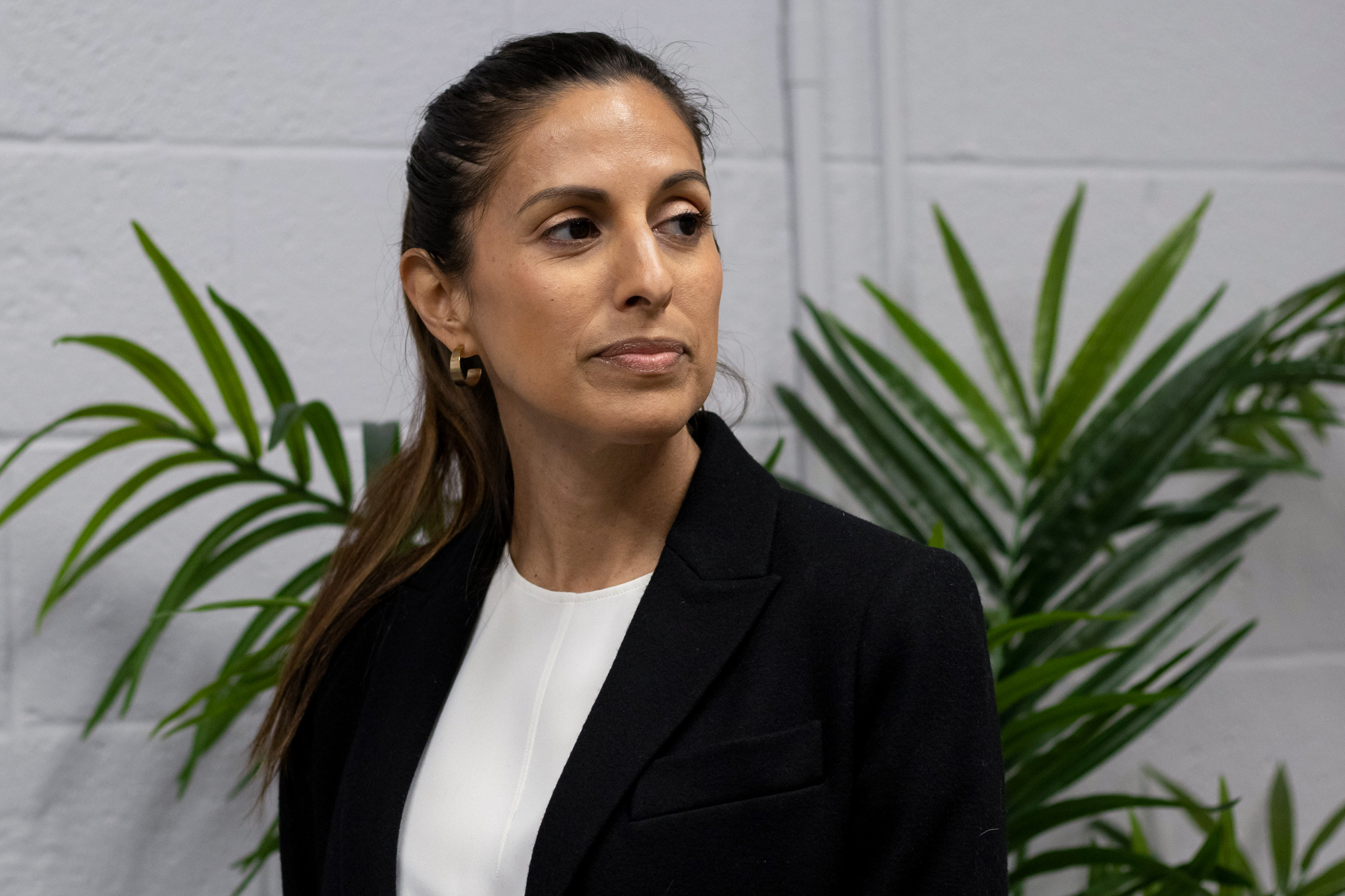The University of Maryland’s education college has proposed a new post-master’s certificate to train counselors in Prince George’s County Public Schools. The program aims to help counselors support immigrant and refugee students more effectively.
The move comes amid an increase of immigrant students in the county. The number of immigrant students and ESOL students in PGCPS has increased about 100 percent in the last 10 years, according to county data.
PGCPS international student specialist Patricia Chiancone, who spearheaded the effort to create a certificate, said a concerted effort to train counselors would benefit both the students and other staff members who could get trained by them.
Counselors are in a unique position to influence their schools due to being in a leadership role and engaging with the students emotionally, Chiancone said.
“Because the counselor touches so many parts of the school. I feel that it’s just gonna make them a stronger resource,” Chiancone said.
[UMD RHA, Muslim Student Association hold town hall about dining hall halal options]
What the certificate does
The certificate — titled Supporting Immigrant Students for Professional School Counselors — is a four-course program designed to inform counselors of the immigration experience.
Two of the courses would be from the counseling, higher education and special education department and the other two from the teaching and learning, policy and leadership department.
The courses would teach counselors about U.S. immigration policy and the migration process. The classes would also inform participants of the unique trauma that can occur during migration and its lasting impacts on student learning.
Alisa Briggs, a counselor at the International High School at Largo, praised the proposal, saying training that improves communications between counselors and immigrant students is beneficial.
“We have the heart for the students but equipping us with the resources to work with that population,” Briggs said. “It’s something that could be useful.”
Jessica McKechnie, a clinical assistant education professor, said PGCPS approached the university after noticing a gap in how effectively counselors interact with immigrant students.
The university and the school would spend the next two years collaborating on the measure to train counselors.
“We’re really happy that we were able to create this program in order to meet the needs that they had within the county,” McKechnie said.
Importance of the certificate
Emily Eason, a public policy graduate student, said many parents in immigrant families are often so focused on providing for their kids financially that they can’t always care for their children’s emotional needs. The counselor’s role is vital in giving that aid, she said.
“It’s always been the school’s job to ensure that students, no matter what their immigration statuses, are doing well,” Eason said.
Eason is also the executive director of Latina Pathways, a nonprofit designed to give students a pathway to college through mentorship and financial support.
Eason said the certificate can lay the groundwork to address other important gaps such as communication lapses between counselors and immigrant students due to language barriers and a lack of access to higher education resources due to citizenship and economic status.
[Black researchers at UMD advocate for representation, mentorship]
A few years ago, Chiancone was registering students for classes when she said a mother and her daughter approached her. The mother, who moved to Prince George’s County, had brought her daughter from Central America, hoping to save her from the drug market violence. The two had been separated for about 10 years.
As Chiancone spoke with her, the mother said the girl’s brother went missing on the way to the U.S.
“If you’re a school counselor, or any school staff, you need to know that,” Chiancone said. “Because that is going to inform how you’re going to work with this family.”
Next steps
The University Senate passed the proposal during a meeting last week with 106 senators voting in favor, three against and two abstaining. The program also requires approval from the University System of Maryland.
McKechnie hopes the certificate can serve as a “pilot program” for other counties to model in the future, she said during a senate meeting. The possibility of expansion depends on the success of the first few cohorts, she said.
If the measure is approved, the education college hopes to accept applications for the 25-member inaugural cohort this summer then enroll participants in the fall.
“Everyone has been very excited about this program [from] the beginning,” McKechnie said.



